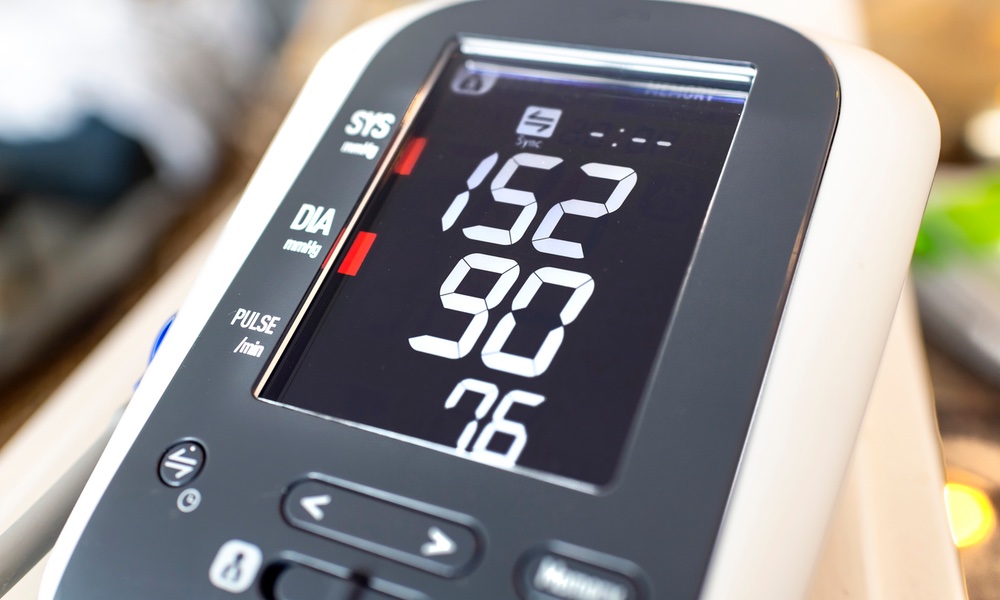Drinking enough water is a key component of a healthy lifestyle. Proper hydration aids digestion and kidney function, and keeps skin healthy.
Our bodies also need enough water to regulate internal temperature, deliver nutrients to cells, and protect quality sleep and cognition. Fluid intake may also impact heart health in late life, according to a recent National Institutes for Health study.
“Our study suggests that maintaining good hydration can prevent or at least slow down the changes within the heart that lead to heart failure,” lead researcher, Natalia Dmitrieva, of the National Heart, Lung, and Blood Institute, said in a statement.Even serum sodium levels considered to be within the normal range put people at higher risk for heart problems. This means that those who could benefit most from increased hydration may never be advised to do so by their doctors.
Each group was monitored for heart failure over the course of the 25-year study. Having a higher blood sodium concentration at the beginning of the study period was associated with higher levels of heart failure and left ventricular atrophy between the ages of 70-90.
The researchers found there was a higher risk of heart disease among those who were least hydrated at the start of the study, even after adjusting for other factors related to heart failure including age, blood pressure, kidney function, blood cholesterol, blood glucose, body mass index, sex and smoking status.
“The findings indicate that we need to pay attention to the amount of fluid we consume every day and take action if we find that we drink too little,” Dmitrieva said.
Even serum sodium levels considered to be within the normal range put people at higher risk for heart problems. This means that those who could benefit most from increased hydration may never be advised to do so by their doctors because their levels are not considered abnormal. Hopefully, these findings may start to change that.Guidelines suggest that for optimal hydration women should drink between 1.6 and 2 liters of water daily, roughly between 1.5 and 2 quarts; and men should aim for 2 to 3 liters or 2 to 3 quarts.
As Dimitreva explained, “[Our] finding that serum sodium exceeding 142mmol/l increases the risk of adverse effects in the heart may help to identify people who could benefit from an evaluation of their hydration level. This sodium level is within the normal range and would not be labelled as abnormal in lab test results but could be used by physicians during regular physical exams to identify people whose usual fluid intake should be assessed.”
Guidelines suggest that for optimal hydration women should drink between 1.6 and 2 liters of water daily, roughly between 1.5 and 2 quarts; and men should aim for 2 to 3 liters or 2 to 3 quarts.
If you’re not drinking enough water, try purchasing a 64 oz. water bottle to help you set and track daily goals. If drinking normal tap water doesn’t appeal to you, you can add lemon slices, mint leaves, or other fruits and herbs to flavor your daily fluid intake. Drinking more water is a good way to lose weight, too.
The study was presented at the European Society of Cardiology Congress 2021. It has not yet been published in a peer-reviewed journal. A link to the study abstract is available here.





